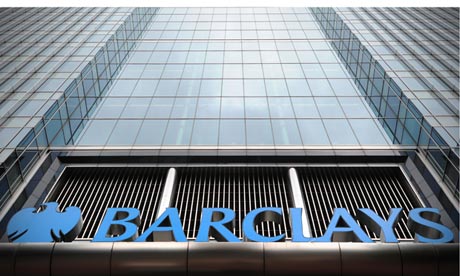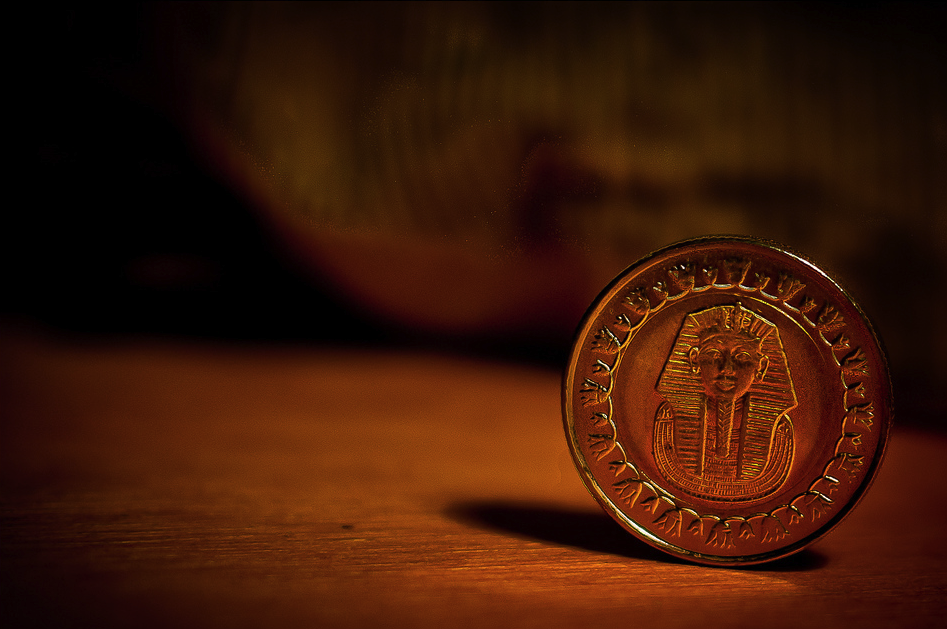The confidence crisis between the government and the private sector in Egypt has witnessed a major breakthrough after years of scepticism and injustice, said businessperson Yasseen Mansour, the founder and chairperson of publicly-traded Palm Hills Developments, one of Egypt’s biggest real estate developers.
Mansour, who has not spoken for media in many years, said in an interview with Daily News Egypt that Egypt’s economy is on the right path thanks to recent difficult political and social decisions.
The interview focused on the current economic situation and his advice to the government. He explained why the production economy has not witnessed recovery so far, while only financial indicators keep improving, including reserves, remittances, and borrowing from abroad.
How do you see the confidence crisis between the government and the private sector?
There is no doubt that we are witnessing a major breakthrough in the confidence crisis between the government and the private sector, which began in 2011, where all investors and their families were affected, some of which were imprisoned. Losing confidence in the private sector may destroy the economy.
The private sector has suffered from injustice in the past years. The investors and their families will not forget quickly their suffering. The restoration of the private sector’s activity does not require only reform of the business environment and investment climate, but also a psychological treatment of the investor.
The local investors are the biggest catalyst for foreign investment since they convey a sense of confidence and credibility of the economic reforms carried out by the government.
We are witnessing a great improvement in the state’s dealings with the private sector. The investment climate became better now thanks to the recent legislative reforms, activating the dispute resolution committees, and the state’s respect of its contracts with the private sector. Hence, the private sector became more confident in its government contracts than ever before. We live in a healthy, competitive climate.
What do you mean by the healthy competitive climate, while the flow of foreign direct investment is still weak despite reforms?
The investors have resorted to international arbitration and the state has lost not only money, but its reputation in the global financial and business circles. Now we are in front of an economic administration that stimulates the private sector, assures it, and contracts with it in a serious and respectful manner.
The allowance of foreign companies to transfer their profits raises the competitiveness of the Egyptian market, in addition to the commitment of the state to maintain economic legislation to enable investors to conduct feasibility studies that calculate return and risk for a long time.
But what about foreign direct investment that has not been as active as hoped?
Developing countries in the time of economic transition are undergoing several cycles, and the results of reform are not always fast. Egypt has now taken a series of difficult economic decisions, including the flotation of the currency, cutting subsidies, applying the value-added tax (VAT), and coming to an agreement with the International Monetary Fund (IMF).
But now we are in the process of maintaining reforms to reassure business communities. We are now being tested by all investors in the world, and investors usually have three stages in investing in such periods. The first stage is investing in government debt instruments internally or externally, then the stock market, and then long-term direct investment, which creates jobs, contributes to development, and lowers prices.
The Central Bank of Egypt (CBE) announced last week that the balance of payments (BoP) recorded a surplus and the foreign direct investment (FDI) increased to $7.9bn by the end of last fiscal year, compared to $6.9bn in the fiscal year 2015/2016—an increase of $1bn.
However, most of these investments are directed to the petroleum sector, which accounted for about $4bn of total FDI at the expense of the industrial sector.
So when do you think Egypt can attract FDI? And what can the government do to speed up the process?
I expect that the economic performance of companies and indicators will stabilise during 1.5-2 years. The government needs to reassure domestic and foreign investors about the stability of economic legislation and the foreign exchange market, as well as the state’s respect for contracts with companies.
How do you see the current economic situation? And do we need amendments to the reform programme?
Certainly, Egypt’s economy is on the right path. I believe the economic reform measures are going very well—notably the restructuring of the subsidies system, which represents a huge burden on the general budget.
The restructuring of the fuel subsidies system was necessary. The owners of luxury yachts benefited from the subsidised fuel at the expense of the limited- and non-income people. The subsidised fuel was even smuggled to other countries at international prices!
Commodities and services must be sold at their real price, in accordance with the supply and demand mechanisms and in parallel with making an inventory of the beneficiaries of the subsidy in order to protect it.
The bitter reform also affected the wealthy classes, which deal with foreign currency regularly; however, the largest impact of reform lies on the burden of the middle class.
Do you think the government was ready for the post-flotation period?
There is no doubt that the economic decisions made by the government are 100% accurate, and the turbulence experienced in the markets in the first stage was natural. I think that the markets absorbed this shock very well and the government is dealing with these imbalances professionally.
What about the industry sector, exports, and the future of tourism?
The recovery of the productive economy will take time, since the past years have witnessed a complete paralysis of all industries, as well as an expansion in imports at the expense of production and manufacturing. After the flotation, the local manufacturing was supposed to become competitive, which is currently happening, but requires more time.
I know that the BoP did not see much improvement during the first year after the flotation, but it is natural, because it is still in the stage of absorbing the shock.
The increase in exports is not only related to the devaluation of local currency, because the low pricing of exports is not the only factor for increasing exports. Thus, the Egyptian industry should work hard to ensure the high quality of local products.
What about the tourism sector?
The tourism sector is witnessing a great improvement, since the flotation has definitely contributed to making the Egyptian market a competitive tourist destination due to its very low price.
Some experts still believe that the recent recovery was only financial (i.e. foreign investments in debt instruments and remittances)?
I totally agree, because Egypt is currently following the IMF agenda, but the country needs an influx of foreign currency in order to cover the profit transfers of foreign companies, secure foreign trade, and pay foreign oil companies’ dues.
In fact, the fastest supplier of dollars is the debt market, both domestic and international, in addition to the exchange market. There is no doubt that the CBE’s foreign reserves of $36.14bn strengthen the ability of the country to meet its obligations and raise the credit rating.
The high interest rates and the devaluation of the local currency are behind foreign investments in the debt market, which affects the FDI?
The increase of interest is very controversial. The CBE has raised the interest rates by 10% over the past year in order to reduce inflation; however, it is still rising, because it is related to other decisions, such as raising the fuel prices and the pound’s flotation.
We certainly need to reduce the interest rate, and I expect it to fall by 2%-3% within six months, especially as the inflation is expected to decline.
The high interest rates destroy the private sector and raise the cost of economic activity because the citizens will be prompted to put their money in banks instead of investments.
It is time to review interest rates to protect the domestic industry, and it should be done gradually, because the high interest rates attract foreign investments in the debt market. So we should avoid affecting the most important source of foreign currency now.
I advise monetary policy makers not to hasten in the strengthening of the pound, because such a move could damage the economy on the short term. It would repel FDI, reduce foreign investment in the debt market, and reduce the competitiveness of Egyptian exports and tourism.
What about the impact of high interest rates on the government programme of offering public companies on the stock exchange?
Certainly, the offering of the government companies on the stock market will be difficult in light of the high interest rates, since no one will invest in the stock market in the presence of 20% certificates and 19%-20% government debt instruments.
So we should review the interest rates to ensure the success of the government exchange programme.
Do you see that the state is contending with the private sector?
I would like to say that any businessperson in the private sector will go for the free market in which the state regulates its rules and ensures that prices are set in accordance with the supply and demand mechanisms.
I believe that the state intervention in economic activity during the post-2011 period was inevitable, due to the decline of the private sector. The country was going through an exceptional situation, and the state had to produce and establish, or else the country would be paralysed.
How do you see the call for imposing progressive taxes to increase state resources?
When Youssef Botros Ghali was the minister of finance, Egypt reduced taxes. As a result, the tax proceeds increased and the tax evasion declined significantly.
I do not support the progressive taxes. Imposing any additional tax will force foreign investors to go to other countries that can provide more stable and less expensive markets.
But there is another interesting file that will add a lot to the country’s treasury.
What is that?
The legalisation of the informal economy, which does not pay taxes at all. There are many different estimates on the size of this economy, but it will not be less than the size of the formal economy.
The country should deal carefully with this sector, because it always has concerns in dealing with the government, but the state could grant them a tax exemption for a number of years until they start producing and expanding under the umbrella of the formal market.
I refuse the progressive taxation because it will repel investors and make the formalisation of the informal economy impossible.
What about the reflection of regaining confidence between the private sector and the government on Palm Hills?
Palm Hills recently signed a partnership agreement with the Ministry of Housing to develop 3,000 feddans in 6th of October City and to build a new city, called “Oasis of October”, with investments of about EGP 150bn.
The company has allocated about EGP 70bn to complete existing projects in the coming period.
The company will work with major engineering consultants, such as Albert Speer, McKinsey, and Ernst & Young.
The project aims to provide about 300,000 job opportunities, and this is the largest workforce at the level of such projects.
The investment of the project is estimated at EGP 150bn, which means that the company is committed to injecting about EGP 13bn annually in the Egyptian market until the completion of the project, and after the completion of the procedures and requirements to start the activity and design drawings required within 18 months.




